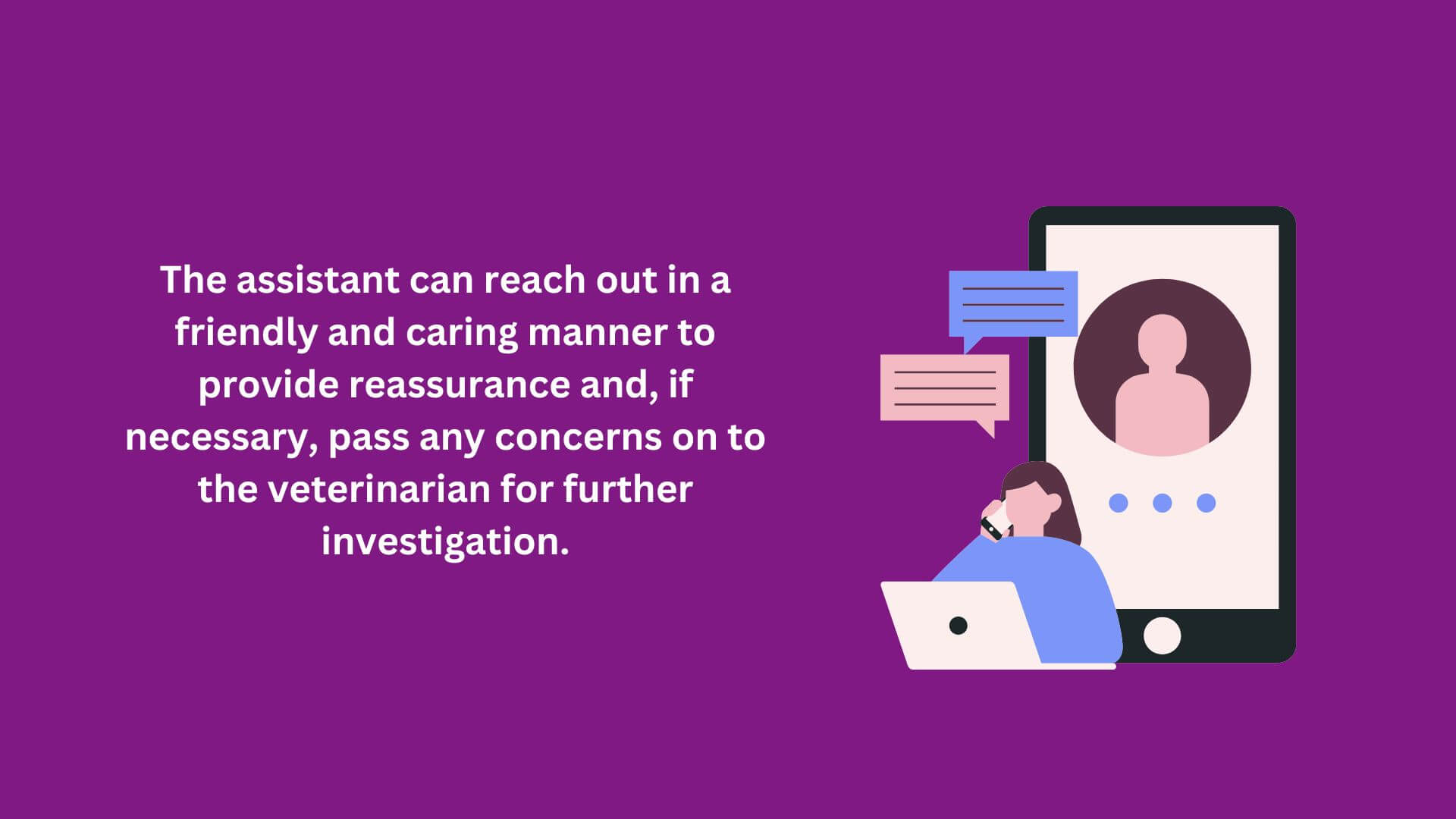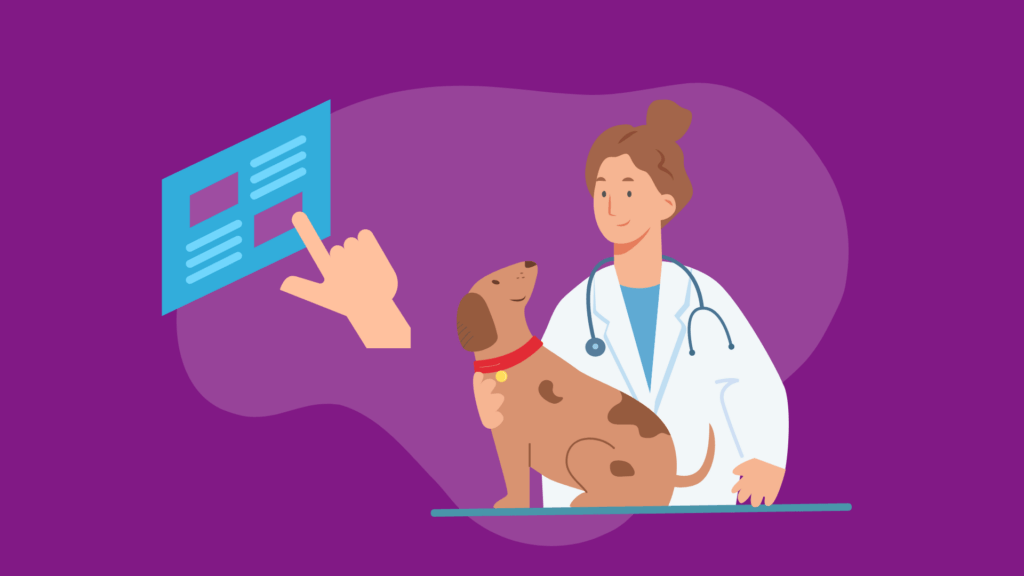Veterinarians are busier than ever, but there’s a big problem with this demand: a workforce shortage. And for veterinarians, this is leading to a rise in burnout. Tackling this, therefore, is crucial. The simplest answer, you would think, is to employ more veterinary assistants. But there’s a problem this. These assistants are in even shorter supply than veterinarians. There is, however, a solution. One which can remedy workplace stress and leave your veterinary business more productive than ever before. And this comes in the form of virtual assistants for veterinarians.
Everything You Need to Know About Virtual Assistants
There’s a buzz around virtual assistants, with nearly every industry from small businesses to influencers deciding to team up with them. It’s a buzz that has also been amplified by the remote working conditions enforced on so many businesses during the Covid-19 pandemic. But do you really know who or what a virtual assistant is? What exactly is virtual about them? And how can they link up to your veterinary clinic?
For starters, virtual assistants for veterinarians are almost identical to your everyday in-house veterinary assistants. However, instead of sitting in the corner of your surgery, with a PC, desk, and chair purchased by yourselves, they could be sat anywhere in the world. With their own PC, desk and chair. Distance, thanks to the wonder of technology, is no longer a barrier to employment. All a virtual assistant needs is a PC and a high-speed internet connection.
These two assets allow virtual assistants to connect themselves directly to your surgery’s IT system. So, for example, they could access your emails even if you were based in New Jersey and they were sat in New Delhi. It would make absolutely no difference to the way in which the task was handled. And when it comes to benefits, virtual assistants are packed full of them. There are reduced operating costs and enhanced flexibility and they maximize your productivity. It’s everything a business owner could ever want.
How Can Virtual Assistants for Veterinarians Help You?
So, we agreed on one thing: virtual assistants represent a significant set of benefits for businesses. But how does this translate into the day-to-day operations of veterinary surgery? What is it that virtual assistants for veterinarians can specifically bring to the table? And how is this going to help your veterinarians?
The good news is that veterinary virtual assistants are capable of taking on almost every administrative task you can think of. And then they can do a little bit extra, all to a standard that will enhance your clinic’s brand. The main duties you can delegate, with complete peace of mind, to virtual assistants for veterinarians are:
Appointment scheduling:
a veterinary clinic relies on a well-managed appointment schedule to provide high levels of care for its clients. However, a veterinarian’s time is precious, and they need to focus on the tasks which only they can complete, such as treating animals. But a badly run, or even non-existent, appointment schedule is a recipe for disaster. Luckily, virtual assistants can take this duty over and seamlessly transform your clinic’s schedule into a well, oiled machine. This includes scheduling appointments, minimizing empty appointment slots, managing a cancellation list and sending reminders.
Social media management:
digital media is important for every business in the modern age, and the veterinary industry is no different. This means that virtual assistants for veterinarians can play a crucial role in social media management. Again, this takes it out of the hands of busy veterinarians and allows them to concentrate on their core duties. With your social media platforms under the management of a virtual assistant, you can rely on them to be regularly updated with clinic news, engaging posts on pet care tips and even competitions. Most importantly, a virtual assistant has the time to keep your feeds regularly updated.
Client communications:
one of the most important qualities to hold in veterinary care is excellent client communication skills. After all, clients in your clinic are always going to be experiencing high levels of concern regarding their pets. This is aligned with a clear need for direct and clear information to be conveyed. And a virtual assistant can do all of this. Fully trained in customer service skills, a virtual assistant can answer basic questions about pet care or veterinary services and provide information on behalf of veterinarians. This means your clients are kept well informed and their anxiety levels carefully managed.
Prescription management:
prescribing medication is one of the most regular tasks that a veterinarian will undertake throughout their working day. But, for a busy veterinarian who could see upwards of 40 patients a day, there’s little time to manage this effectively. And this is where serious mistakes can occur. Virtual assistants for veterinarians can step in here to prevent this. Trained in using prescription management software – such as Covetrus and Digitail – they can not only manage repeat prescription programs but also update patients when medications are ready to collect and advise veterinarians on any issues.
Administrative support:
veterinary clinics always face a huge demand when it comes to administrative duties. This means that your administrative load must be carefully managed before it spirals out of control. These duties are out of the hands of veterinarians and clinic owners as their schedules are already full. A virtual assistant, however, is in the perfect position to provide valuable admin support. They can assist with data entry, manage invoicing and billing, and maintain effective digital filing systems. This is a win-win situation for both veterinarians and clients, who benefit from the virtual assistant’s impact.
Follow-up calls:
following procedures or appointments, it’s often necessary for a veterinary clinic to make follow-up calls. These are a chance to check on the pet’s progress and a platform for the client to voice any concerns. In an ideal world, this call would be made by a veterinarian, but they are rarely free to fulfil this duty. Thankfully, it’s a task that can be delegated to virtual assistants to veterinarians. The assistant can reach out in a friendly and caring manner to provide reassurance and, if necessary, pass any concerns on to the veterinarian for further investigation.

Increase the Power of Your Brand With a Virtual Assistant
The presence of virtual assistants for veterinarians in your clinic can clearly transform your business. No longer is there a need to worry about where the additional hours in the day will come from, they can be provided by a virtual assistant. They also represent a fantastic opportunity to help attract and retain clients while showcasing your clinic’s expertise and commitment to pet care.
But how do you attract these virtual assistants to your clinic? Well, you don’t have to, as Hello Rache can bring them to you. Thanks to a careful selection process, we have a whole roster of high-quality virtual veterinary assistants just waiting to help build your brand. To begin this relationship, simply reach out and make contact with Hello Rache by clicking here.






